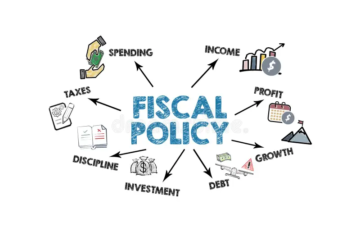
In a recent revelation, the Uganda Police Force and Judiciary have emerged as the least trusted institutions in the country, when it comes to safeguarding the rule of law and bolstering the exercise of civil liberties. This alarming finding has been put forth in the Civic Space Index Report 2022, a detailed survey aimed at providing insights into the perceptions and attitudes of Ugandans towards the state of civil rights in their nation.
The report, which represents a comprehensive perspective from a whopping 73% of citizens who believe that Uganda’s progress in securing civic rights is off course, paints a concerning picture. The responses received from the public underpin a growing sentiment of disappointment and frustration in the country’s trajectory, highlighting the urgent need for systemic reform in Uganda’s key institutions – primarily, the Uganda Police Force and Judiciary.
The report, however, shows a silver lining: a marginal but significant improvement in the citizens’ perceptions compared to the Civic Space Index Report 2021. This past report had 73.3% of respondents expressing their dissatisfaction with the direction in which their country was moving. This suggests that while progress has been slow, there is a sliver of hope that is keeping the spirit of change alive in Uganda.
The 2022 report was published by the National Coalition of Human Rights Defenders Uganda (NCHRD-U), an authoritative body committed to protecting human rights and civil liberties in the country. This report forms an integral part of the 3-year USAID/Uganda Rights and Justice Activity (RAJA) project that began on September 1, 2020. The primary objective of the RAJA initiative is to empower citizens with knowledge of the law and to facilitate them in shaping it to safely and securely exercise their civil and political rights.
Despite a minute decrease in dissatisfaction, the new report still raises alarm bells, with an overwhelming majority of citizens expressing concerns about Uganda’s trajectory. Only a small proportion of 15% of respondents said the country was moving in the right direction. Several reasons were attributed to this perception, including the implementation and enforcement of repressive laws like the Anti-LGBTQI law and frequent instances of police brutality.
In light of the report’s findings, it is clear that the Uganda Police Force and Judiciary have a daunting task ahead of them – to regain the trust of the Ugandan citizens and to steer the country in the right direction by ensuring respect for civil liberties. This mammoth task calls for introspection, reforms, and a commitment to uphold the principles of human rights in all forms and aspects of governance.
The key takeaway from this comprehensive report is a clarion call for urgent reform and enhanced public trust in these two significant institutions. As Uganda grapples with this trust deficit, the onus rests on the Uganda Police Force and Judiciary to foster a more inclusive, fair, and transparent environment that respects and upholds the civic rights of every Ugandan.
As we await the results of the next report, the narrative remains clear – the road to public trust is long and winding, but it is a journey that the Uganda Police Force and Judiciary must undertake for the betterment of Uganda’s future.


















